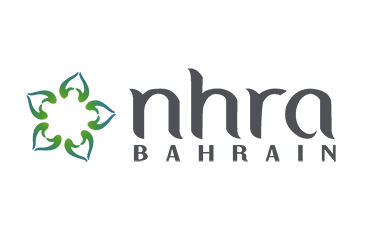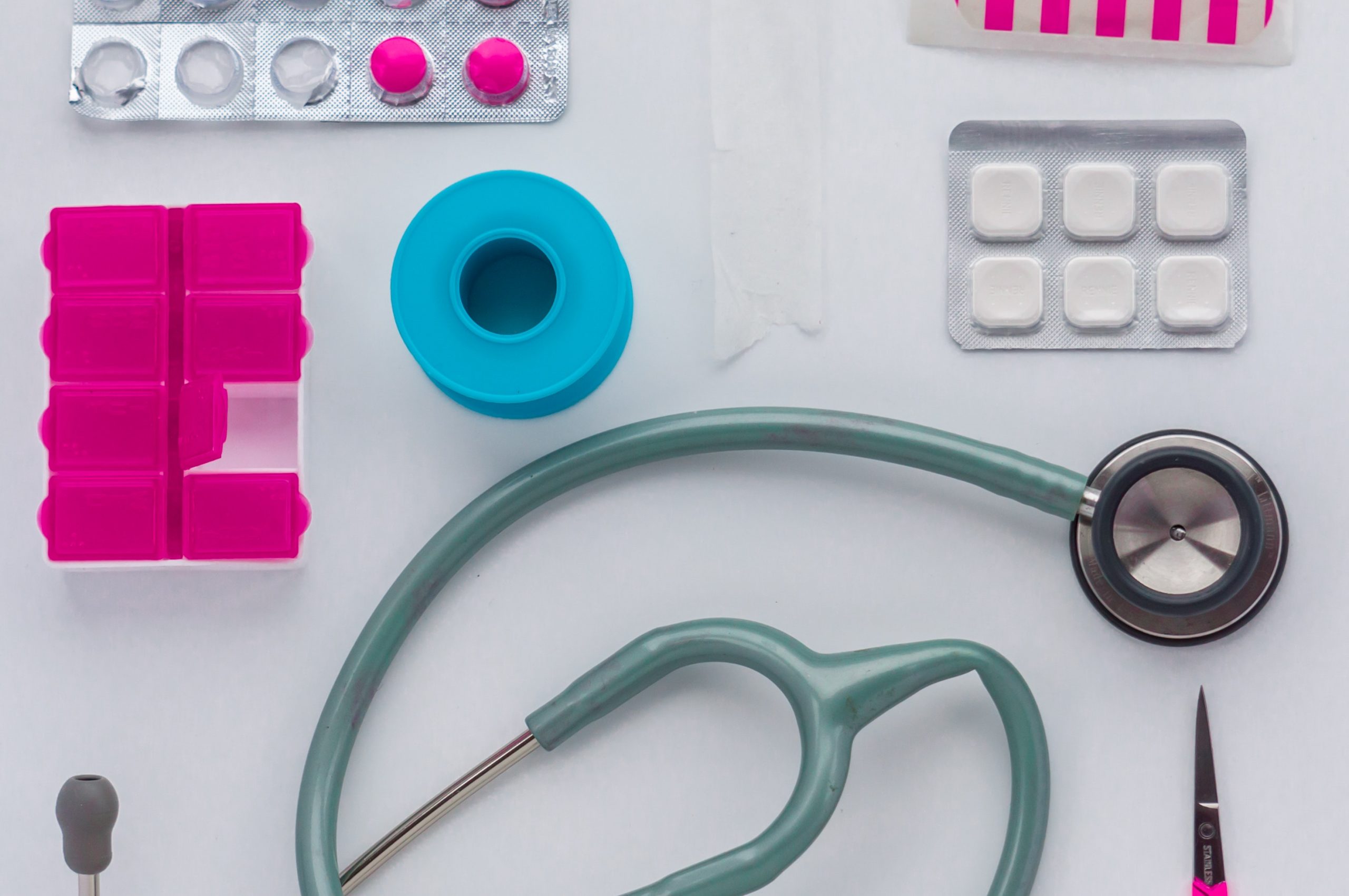The new article highlights the aspects related to changes to existing licenses and also addresses some other matters, such as the registration rules applicable to specific types of medical devices.
Table Of Contents

The National Health Regulatory Authority (NHRA), Bahrain’s agency in the sphere of medical devices, has published a guidance document dedicated to medical device registration. The document provides an overview of the applicable regulatory requirements, as well as additional clarifications and recommendations to be taken into consideration by medical device manufacturers and other parties involved in order to ensure compliance thereto. At the same time, provisions of the guidance are non-binding in their nature, nor are intended to introduce new rules or impose new obligations. Furthermore, the authority reserves the right to make changes to the guidance, should such changes be reasonably necessary to reflect corresponding amendments to the underlying regulations.
Specific Types
The scope of the guidance covers, inter alia, the aspects related to the registration of specific types of healthcare products.
According to the document, Software as a Medical Device (SaMD) stands for a software intended to be used for one or more medical purposes that perform these purposes without being part of a hardware medical device. Should the product in question appear to be a SaMD, it will be subject to specific regulatory requirements that are applicable to medical devices.
Research Use Only (RUO) products stand for instruments, apparatus, appliances, materials, or other articles, including software, which are intended to be used for research purposes, without any medical objective. The authority further additionally emphasizes that such products should not be used for clinical purposes, including diagnosing and treatment. In accordance with the existing framework, such products are falling outside the scope of medical device regulation and, consequently, do not require prior registration with the authority.
Appeal
The authority also describes certain aspects related to the processes and procedures associated with the registration of medical devices.
According to the document, an interested party may submit an appeal for the regulatory decision taken by the authority. In cases when additional documentation is not required to substantiate the position of an applicant, an appeal containing the proper justification and description of the grounds behind it should be submitted within 5 business days from the date the objected decision has been taken.

License Variation
Another important aspect addressed in the guidance relates to changes to existing licenses. As explained by the authority, within the validity period, the license can be subject to variations of the following types:
- Minor Variation, which stands for any modification that does not affect safety or performance of a medical device;
- Major Variation, which is any modification that does affect safety or performance of a medical device.
According to the guidance, the first category covers various minor changes, such as a certificate renewal, or changes to the label, instructions for use, or details of an authorized representative. The authority also mentions that this category also covers the addition of new medical devices to the license when such devices are only different in terms of color, quantity, or package. At the same time, the said approach does not apply to in vitro diagnostic medical devices.
The document also provides examples of major variations – they include, inter alia, the changes to the medical device manufacturer, facilities involved or the process applied, as well as to the design of the device itself, its specifications or risk classification.
Submitting a Variation
When applying for a minor variation, a license holder should submit a set of documents comprised of the following:
Letter of justification issued by the medical device manufacturer with respect to the variation in question, whereby it is confirmed that the changes introduced would not affect the safety and performance of the product. The said document should also describe the grounds for the changes, and also indicate whether the notified body involved has been duly informed about the changes.
Updated version of the document to be amended with all the changes reflected.
Depending on the specific changes, additional requirements could be imposed by the authority in order to make sure the most important safety- and performance-related matters are duly addressed.
Apart from the above, the document outlines several general recommendations to be followed by license holders, such as:
- If the changes are related to the price, there is no need to submit them as variations;
- The changes will not affect the validity of the certificate;
- Should the registration in question be related to a software product, each new version of the latter will require a variation to be submitted (minor or major – depending on the nature of the changes and the significance of their impact);
- Information about variations should be communicated to the authority via email;
- Under the general rule, it takes 8 weeks for the authority to review the application for changes to a license.
Once a minor variation is accepted, the authority will issue the appropriate approval letter to be granted to the license holder. However, should the authority identify that the application does not meet any and all requirements it is subject to, it will return the application to the responsible party and communicate the details about specific actions to be taken.
In case of a major variation, an interested party would have to submit a new application for medical device registration, so the whole process will commence from the very beginning.
The authority additionally emphasizes that any and all variations should be subject to prior approval – before the device in question will be made available for marketing and use in the country.
In summary, the present NHRA guidance highlights certain specific aspects related to the registration of medical devices. By the virtue of the guidance, the authority explains the approach to be applied with respect to the changes to existing licenses issued by the NHRA depending on the nature of such changes and the way they impact the safety and effectiveness of a medical device.
Sources:
How Can RegDesk Help?
RegDesk is a holistic Regulatory Information Management System that provides medical device and pharma companies with regulatory intelligence for over 120 markets worldwide. It can help you prepare and publish global applications, manage standards, run change assessments, and obtain real-time alerts on regulatory changes through a centralized platform. Our clients also have access to our network of over 4000 compliance experts worldwide to obtain verification on critical questions. Global expansion has never been this simple.
Want to know more about our solutions? Speak to a RegDesk Expert today!
- SEO Powered Content & PR Distribution. Get Amplified Today.
- Platoblockchain. Web3 Metaverse Intelligence. Knowledge Amplified. Access Here.
- Source: https://www.regdesk.co/nhra-guidance-on-medical-devices-registration-variations/